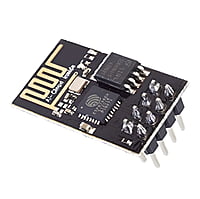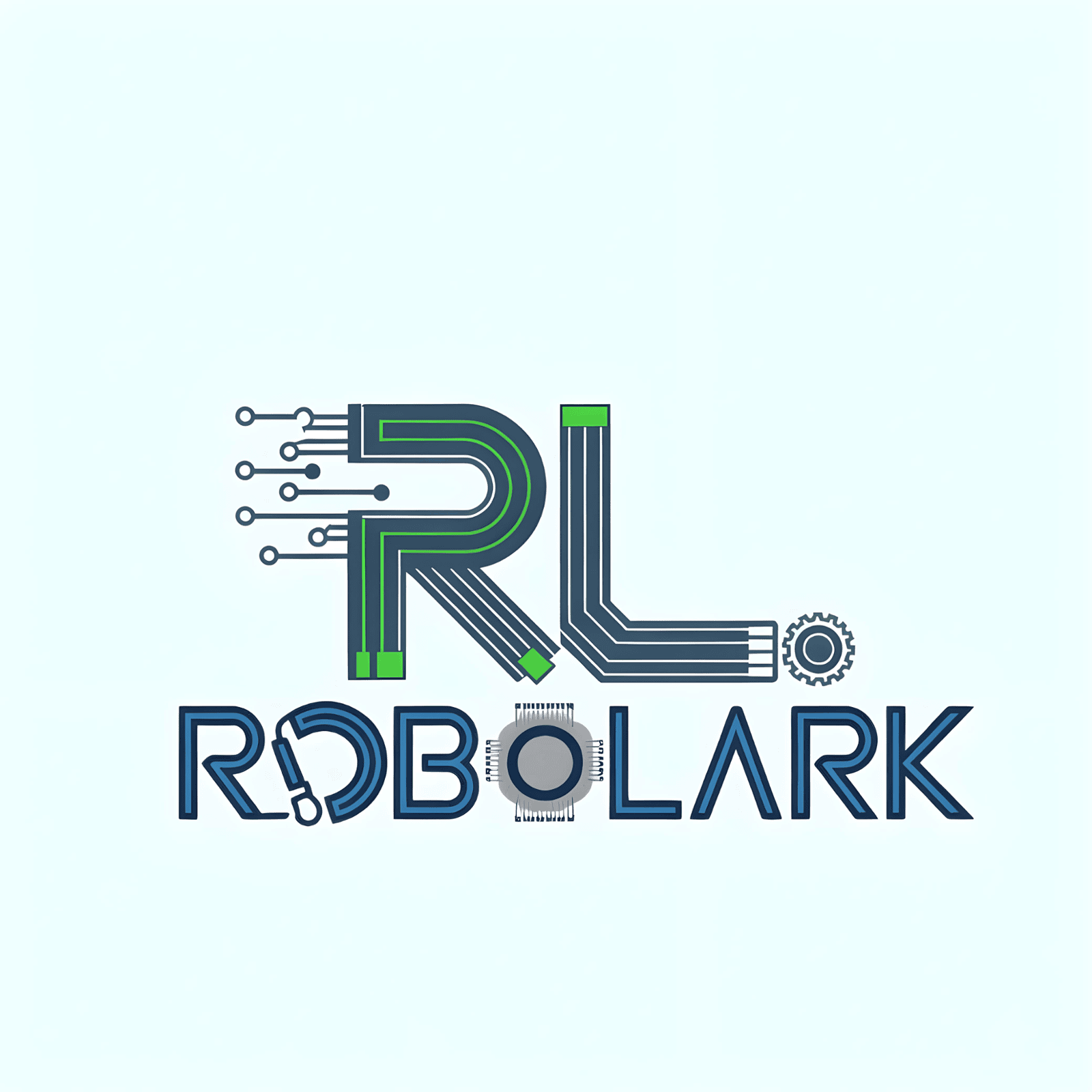





ESP-01: Wi-Fi Module - ESP8266
The ESP8266 ESP-01 is a widely used Wi-Fi module that provides an affordable and versatile solution for adding wireless connectivity to various projects. It's designed around the ESP8266 microcontroller chip, which features built-in Wi-Fi capabilities. The ESP-01 module is one of the most basic variations of the ESP8266 module family.
Non-returnable
Rs.165.00
Choose Quantity:
Share:
Product Details
Microcontroller: The ESP8266 module integrates a Tensilica L106 32-bit microcontroller with embedded Wi-Fi capabilities.
Wi-Fi Connectivity: The module supports Wi-Fi 802.11 b/g/n standards, allowing it to connect to wireless networks.
Operating Voltage: Typically operates at 3.3V, so you might need level shifting if interfacing with 5V logic systems.
I/O Pins: The ESP-01 module provides a limited number of GPIO (General Purpose Input/Output) pins for connecting to external devices. The pins are accessible through the module's header.
Memory: Comes with different memory variants, typically 512KB or 1MB of flash memory for storing program code and data.
Communication Interface: The module is controlled through the Serial Peripheral Interface (SPI) protocol, allowing communication with microcontrollers or other devices using serial commands.
Firmware: The module typically comes with the AT firmware preloaded, allowing it to be controlled using AT commands over the serial interface. Additionally, you can program it using the Arduino IDE or other development environments.
Wi-Fi Modes:
Station Mode: Connects to an existing Wi-Fi network as a client.
Access Point (AP) Mode: Acts as its own Wi-Fi network, allowing devices to connect to it.
Both Station and AP Mode: Can simultaneously connect to an existing network while also hosting its own network.
Data Rate: Supports data rates of up to 72.2 Mbps.
Dimensions: The ESP-01 module is quite small, usually around 25.5mm x 15mm.
Applications: The ESP8266 ESP-01 module is commonly used in IoT projects, home automation, sensor networks, and any project where Wi-Fi connectivity is needed.
Custom Firmware: While the module often comes with preloaded firmware, you can also flash custom firmware onto it, enabling more advanced features and direct communication with microcontrollers without using AT commands.
Community Support: The ESP8266 module family has a large and active community, which means you can find extensive documentation, tutorials, and example projects online.


